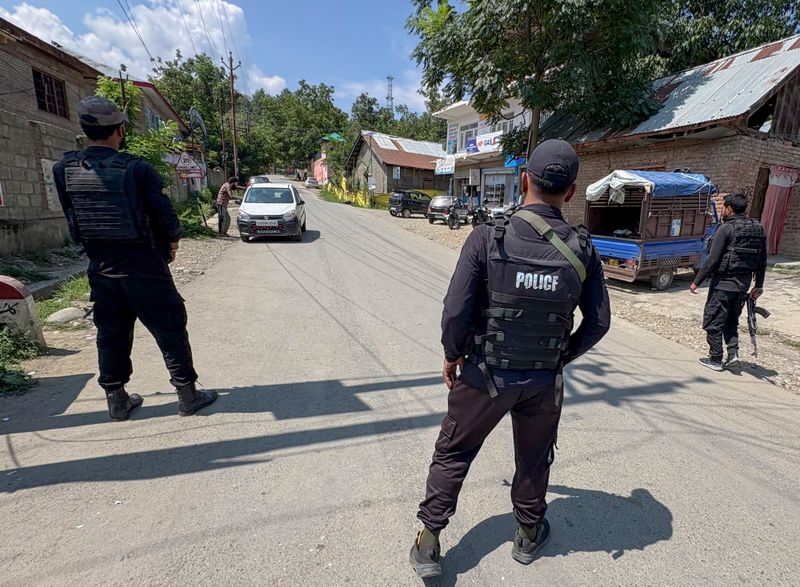
Two Army soldiers were killed and two others injured in an overnight gunfight with terrorists in Jammu and Kashmir’s Kulgam district. This marks one of the longest anti-terror operations in the Valley, now entering its ninth day, officials reported on Saturday.
The Army’s Srinagar-based Chinar Corps paid tribute to the fallen soldiers in a post on X, acknowledging the ongoing nature of the operation. The operation began on August 1, following specific intelligence inputs about the presence of terrorists in a forested area at Akhal in the south Kashmir district. Since then, two terrorists have been killed, though their identities and group affiliations remain unconfirmed.
Tributes and Ongoing Efforts
In a heartfelt message on X, the Chinar Corps stated,
“Chinar Corps honours the supreme sacrifice of the Bravehearts, L/Nk Pritpal Singh and Sep Harminder Singh, in line of duty for the Nation. Their courage and dedication will forever inspire us.”
The Army also expressed solidarity with the bereaved families, emphasizing that the operation continues.
Officials confirmed that two additional soldiers were injured in the overnight exchange, bringing the total number of injured security personnel to nine. Senior police and Army officers, including Jammu and Kashmir Police chief Nalin Prabhat and the Army’s Northern Commander Lt Gen Pratik Sharma, are closely monitoring the operation around the clock.
Strategic Deployment and Challenges
Security forces have deployed drones and helicopters to track down the terrorists in the dense forest area. Para commandos are also assisting in the efforts to neutralize the remaining threats. The use of advanced technology and specialized forces underscores the complexity and seriousness of the operation.
This development follows a series of intensified anti-terror operations in the region, reflecting ongoing security challenges in Jammu and Kashmir. The prolonged nature of the current operation highlights the difficulties faced by security forces in navigating the rugged terrain and dense forests, which provide natural cover for militants.
Historical Context and Regional Impact
Jammu and Kashmir has long been a focal point of conflict, with frequent clashes between security forces and militants. The region’s strategic importance and complex political landscape have made it a persistent hotspot for violence. Historically, operations like the one in Kulgam have been crucial in maintaining regional stability but often come with significant human and material costs.
According to defense analysts, the current operation’s length and intensity are indicative of the evolving tactics used by militants, who increasingly rely on difficult terrains to evade capture. This trend poses a continuous challenge to security forces, necessitating adaptive strategies and sustained efforts.
Looking Ahead
The ongoing operation in Kulgam is expected to continue until all threats are neutralized. The security forces’ commitment to restoring peace and stability in the region remains unwavering, despite the risks involved. The sacrifices made by soldiers like L/Nk Pritpal Singh and Sep Harminder Singh serve as a poignant reminder of the ongoing struggle in the Valley.
As the operation progresses, the focus will remain on minimizing civilian casualties and restoring normalcy to the affected areas. The government and security agencies are likely to review and adapt their strategies to address the evolving security dynamics in Jammu and Kashmir.





